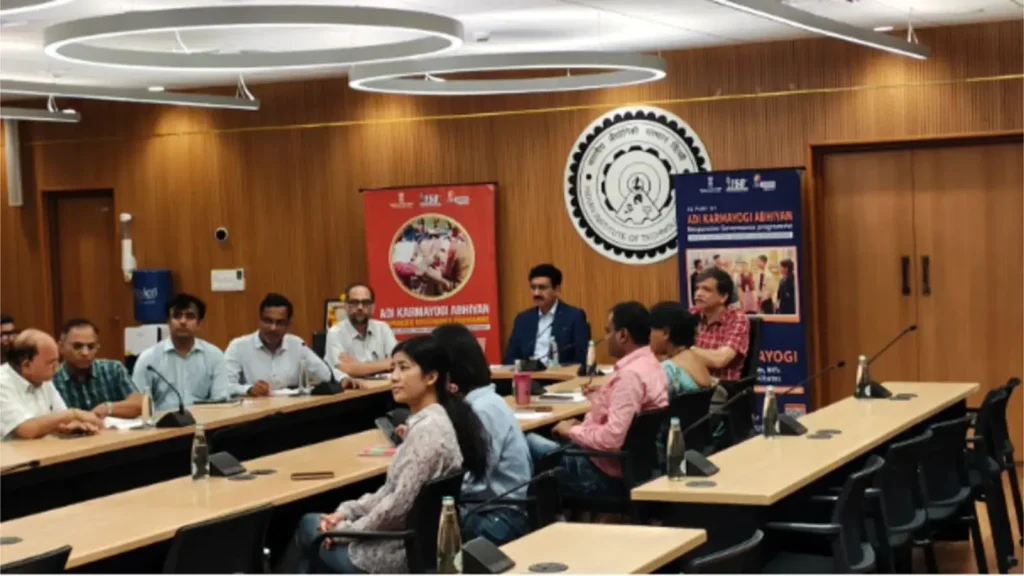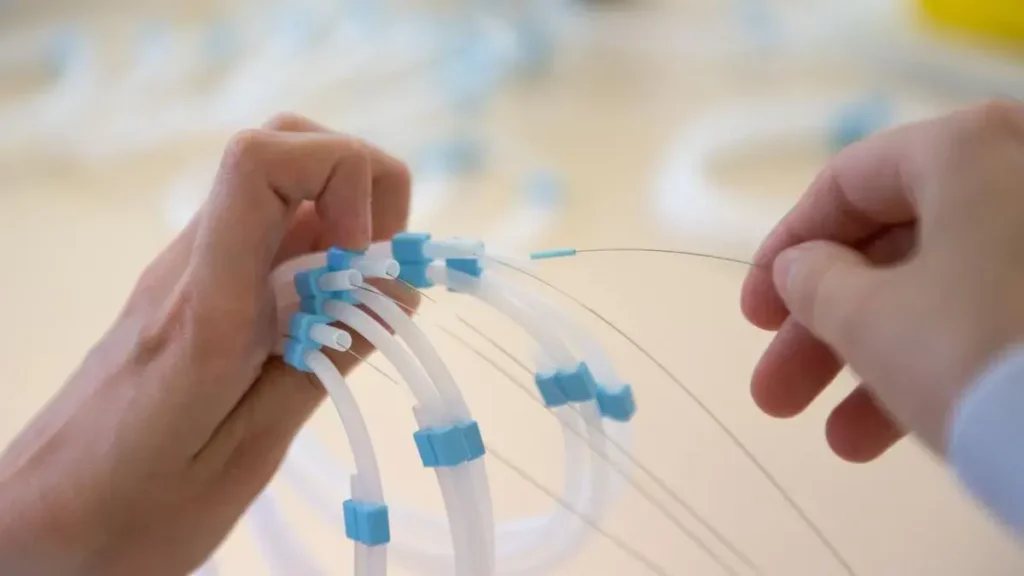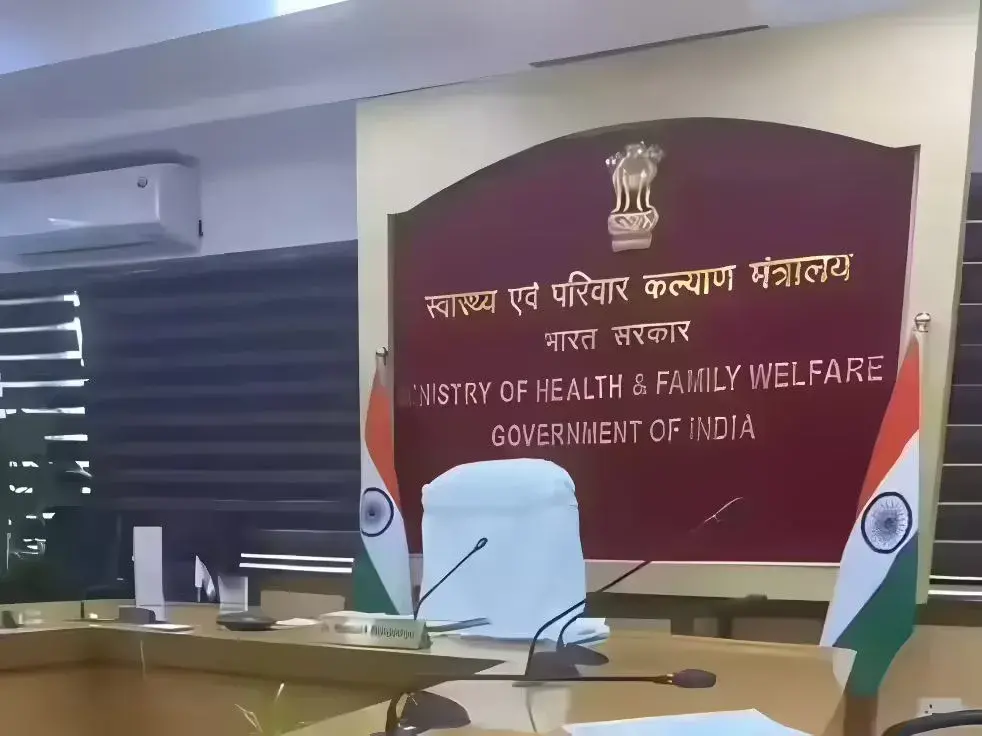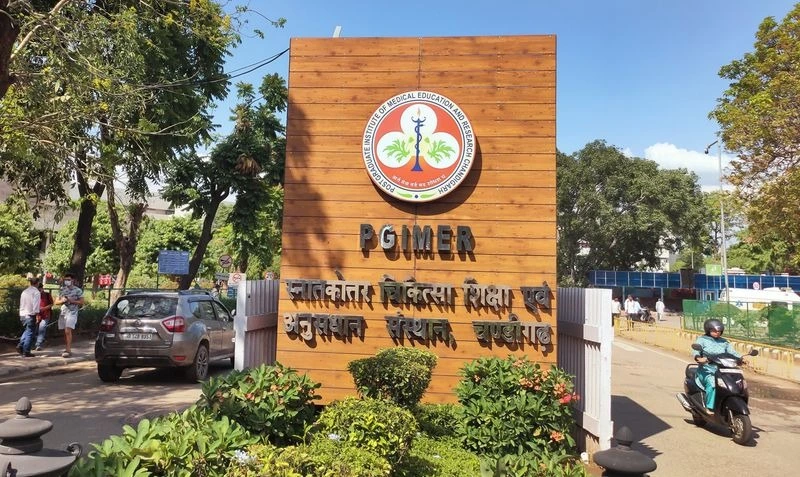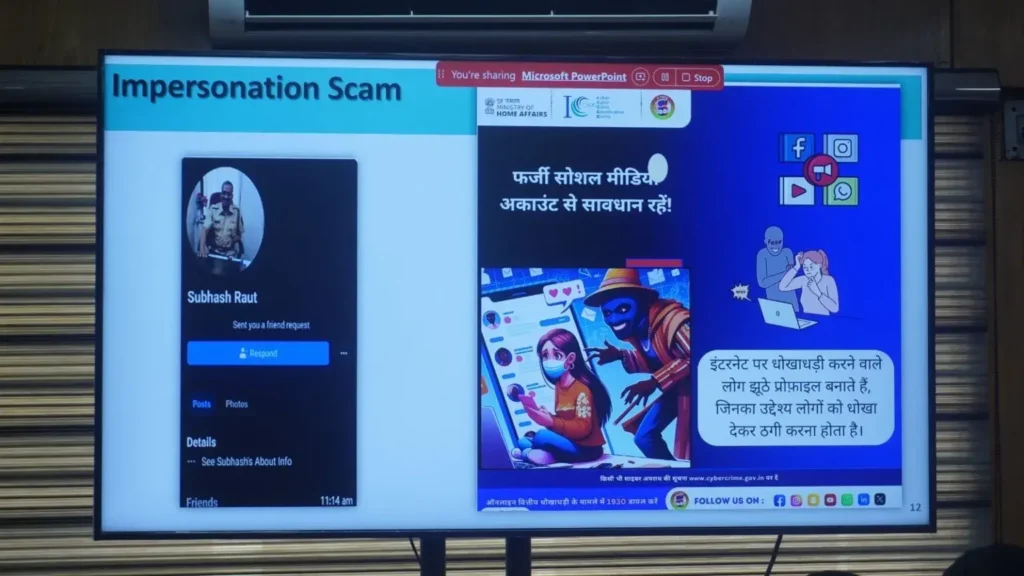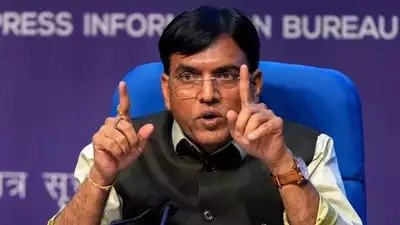Cabinet clears Phase 3 of medical college upgradation scheme, set to create 10,000+ new MBBS & PG seats
The Union Cabinet has approved the launch of Phase 3 of the centrally sponsored scheme aimed at expanding medical education infrastructure. Over the next three years, the scheme will add 5,023 undergraduate (MBBS) seats and 5,000 postgraduate (PG) seats in government medical colleges and institutes, with a budgetary outlay of ₹15,034 crore. This move is part of the government’s larger vision of creating 75,000 new medical seats within five years, as announced by Finance Minister Nirmala Sitharaman in the Union Budget. In earlier phases, the Centre supported the addition of 4,977 MBBS seats across 83 colleges at a cost of ₹5,972 crore, and 4,058 PG seats in 72 colleges with an allocation of ₹1,498 crore. Phase 2 provided ₹4,478 crore to increase 4,000 seats in 65 institutions. Currently, India has around 1.2 lakh MBBS seats and 74,306 PG seats — a sharp rise from 2014 levels of 51,328 MBBS and 31,185 PG seats. With over 20 lakh aspirants appearing annually for NEET, the demand for medical education remains extremely high. The expansion also aims to encourage students to pursue studies in India instead of seeking education abroad, an issue highlighted during disruptions caused by the pandemic in China, course recognition issues in the Philippines, and the ongoing war in Ukraine. However, the rapid increase has also brought challenges. A shortage of qualified faculty has persisted across many institutions. To address this, the National Medical Commission (NMC) introduced measures like Aadhaar-based biometric attendance, live CCTV monitoring, and permitted Diplomate of National Board (DNB) doctors to serve as faculty. Additionally, the age limit for teachers’ appointments was raised. Another concern has been the surge of new seats in private colleges where fees are often prohibitively expensive. Although NMC tried to regulate private medical college fees in 2022, implementation has been limited so far. Source: Indian Express


